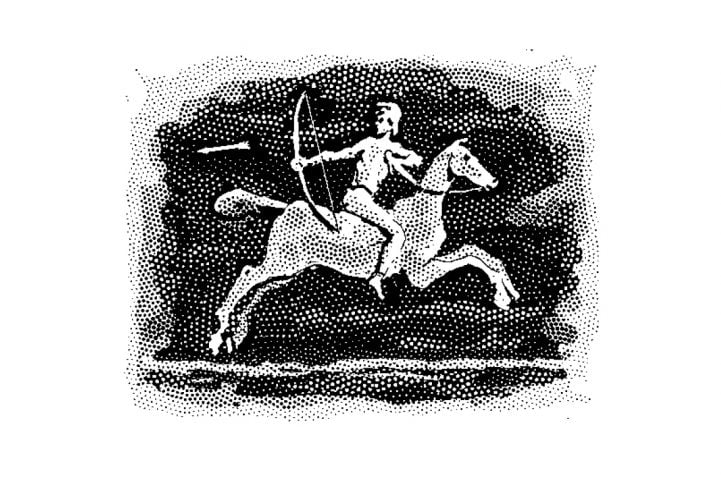You can’t teach at an American college these days without wondering if—and at some schools, let’s face it, you wonder when—it’s going to happen. A student, fellow faculty member, or administrator is going to charge you with offending him.
For 30 years in my introductory American government course I have assigned the Lincoln-Douglas debates. Most students, I think, regard them as a highlight of the class. But it’s easy to imagine the possible objections. Both speakers discuss “Negroes,” not a polite term anymore though it was then, and Stephen Douglas enjoys playing to the audience’s passions by occasionally unloading the other, vile n-word. He doesn’t use it as often as (say) Huckleberry Finn does, but then Douglas isn’t a barefoot boy but a distinguished politician. And of course the debates are all about the moral status of slavery, and just how much equality and liberty the “Negroes” deserve.
Plenty to be offended by. Yet the drama, gravity, and high quality of the arguments on both sides tend to command respect, or at least to invite a reasoned consideration of the debaters’ claims. The fact that Lincoln lost that election to the U.S. Senate from Illinois brings students up short—an unexpected lesson that political success cannot be the measure of justice, nor history a convenient guide to which is the right and which the wrong side to be on.
Unhappily, today’s campus isn’t steeped in the spirit of the Lincoln-Douglas debates, or of any debate for that matter. That’s where the new ethos of taking offense comes in. The accusation is, and is meant to be, a conversation stopper. “I’m offended” is not an invitation to a debate but a demand for a confession, retraction, and apology. One could respond, “Well, I’m offended that you’re offended,” but that leads nowhere except maybe to a brawl. The charge operates like Ring Lardner’s great line—“‘Shut up,’ he explained”—except that absolutely no humor is involved. This new readiness to take offense leads first to trying to halt the offending conduct or speech, and next to trying to outlaw it.
How different is the spirit of “I disagree.” A disagreement invites an exchange of reasons, hence the possibility, at least, of persuasion. Voltaire never said, “I disagree with what you say, but I will defend to the death your right to say it,” but it sounds like him, and it captures the broadmindedness and generosity of the older liberalism and of the American university in better days, when it was possible to distinguish between rights and the good or bad use of them.
* * *
John Stuart Mill’s On Liberty is far from a perfect book, but liberal-arts students used to read it a lot. I bet it was assigned in three or four of my courses when I was an undergraduate. Figuring out its strengths and weaknesses was part of the fun. When I ask students today, however, almost none has read it. The culture of free discussion and debate is declining, and with it liberty, on and off the campus.
What’s behind the decline? There are many factors, but among the most influential is that dead-end of modern philosophy called postmodernism, which has had two baneful effects. By teaching that reason is impotent—that it can’t arrive at any objective knowledge of truth, beauty, and justice because there is nothing “out there” to be known—postmodernism turns the university into an arena for will to power. All values are relative, so there is no point in discussing whether the most powerful values are true, just, or good. The crucial thing is that they are the most powerful, and can be played as trumps: do not offend me, or you will be in trouble. If we say it’s racist, then it’s racist. Don’t waste our time trying to ask, But what is racism?
Second, postmodernism devotes itself to what Richard Rorty called “language games.” For professors, especially, this is the most exquisite form of will to power, “a royal road to social change,” as Todd Gitlin (the rare lefty professor at Columbia who defends free speech) observes. So freshman girls became “women,” slaves turned into “enslaved persons,” “marriage” had to be opened to “same-sex” spouses, and so forth. Naming or renaming bespeaks power, and for decades we have seen this power rippling through American society. Now even sexual assault and rape are whatever the dogmatic leftists on and off campus say they are.
The latest threats to free speech involve campaigns to stop “microaggressions” and to issue “trigger warnings” before anything disturbing or potentially offensive is discussed. Perhaps students would find education less fearful if they were encouraged to trust and develop the freedom of their mind, rather than to presume reason is a slave of power.



